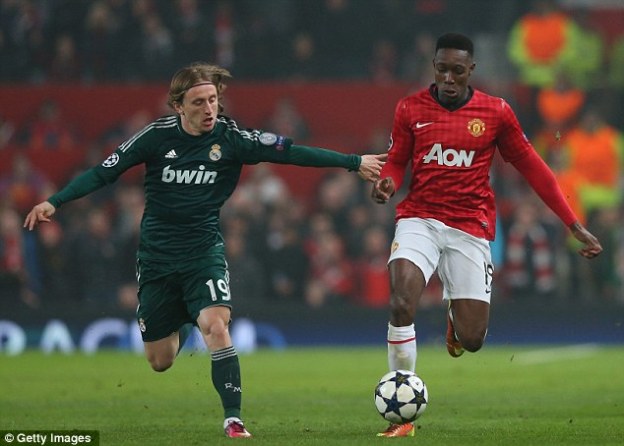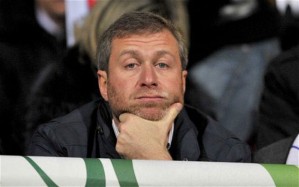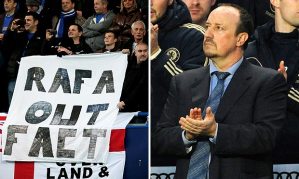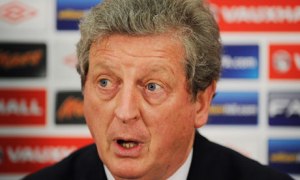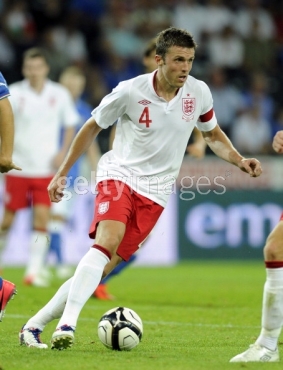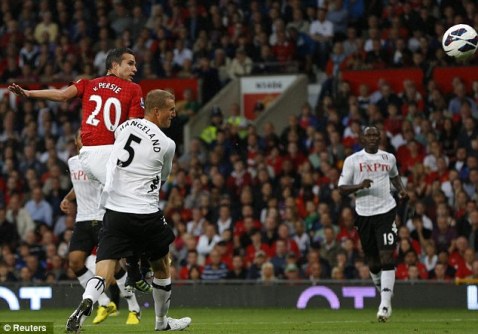Manchester United’s loss to Real Madrid is without doubt one of their most painful in their recent history. In terms of feeling an injustice after a result, it’ll rank up there with the Champions League exit to Porto in 2004 and the Premier League title decider loss to Chelsea in 2010. Amongst all the doom, gloom and incompetent ref-bashing though, there are things to look at from a positive light.
For the first six months of the season, United were damned with faint praise, sometimes less. Phrases such as “average team dominating an average league” and “worst United side in years” were constantly bandied about.
This was unfair, because in all honesty, people are comparing a developing, transitional United team to the fully developed teams of 1999 and 2008. Surely a more accurate measure is to compare them to another transitional side, for example the United team of 2004-2006? That team was barely competing for the title let alone winning it, yet they ended up becoming one of the greatest sides in club history – so how good could this crop potentially be in a couple of years?
The performances against Real Madrid show that there’s certainly a lot to be positive about.
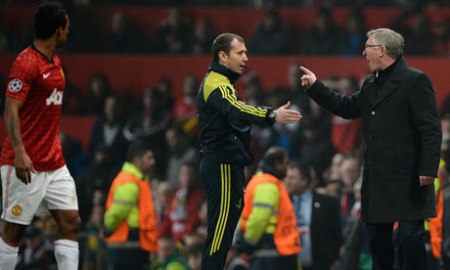
Injustice: Sir Alex Ferguson will still be raging but has a lot to be proud of. All rights to this image belong to Tom Jenkins and The Guardian.
For a start, Sir Alex Ferguson’s tactics over the 2 legs were absolutely spot on. In fact, his tactics, so often criticised last season, have been excellent over the last few months (this is borne out by United’s terrific record in the big domestic games so far this season.)
Bar a shaky opening 45 minutes at the Bernabeu, his side looked cool and intelligent. They smothered Real Madrid, defended with a plan and were dangerous on the break. Even with 10 men, they had Real on the ropes for the final 15 minutes. Jose Mourinho’s claim that the best side lost was quite clearly an attempt to curry favour with the United hierarchy – but it was also very true.
If this tie had been 12 months ago, Madrid would probably have romped to victory. As it was, they edged through, aided by a pretty ridiculous refereeing decision. If these two sides were to meet in another 12 months, you’d think a United side with an extra year’s experience under their belt would be even more of a threat.
Bear in mind that David De Gea, Phil Jones, Tom Cleverley and Danny Welbeck had never played a Champions League knockout tie before last month. Jonny Evans had only played a handful. Yet all of these players sparkled at some point over the two legs. Welbeck in particular was magnificent, while Rafael played Ronaldo in the second leg as well as anyone could. Clearly there is a lot of potential for the years to come.
In the immediate future, a first domestic double since 1996 is still a possibility, as well as the opportunity to gain a record points total in the Premier League era. The players will need lifting but motivation has always been one of Sir Alex’s strong points.
United used the heartbreak of last season’s title loss to spur themselves on this year. As Gary Neville has recently said, they have their “title heads on” and seem like they are determined to wrestle their crown back from Manchester City. Something similar could be on the cards from a European perspective. The rage and hurt they are currently feeling is exactly what Sir Alex will be telling them to remember next season.
